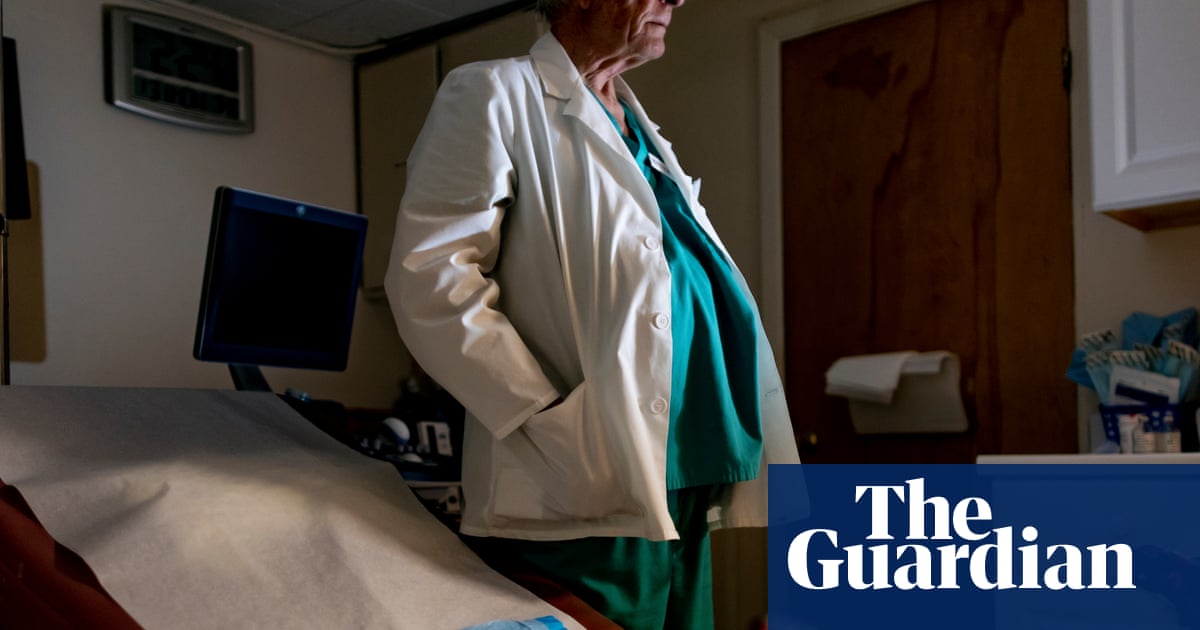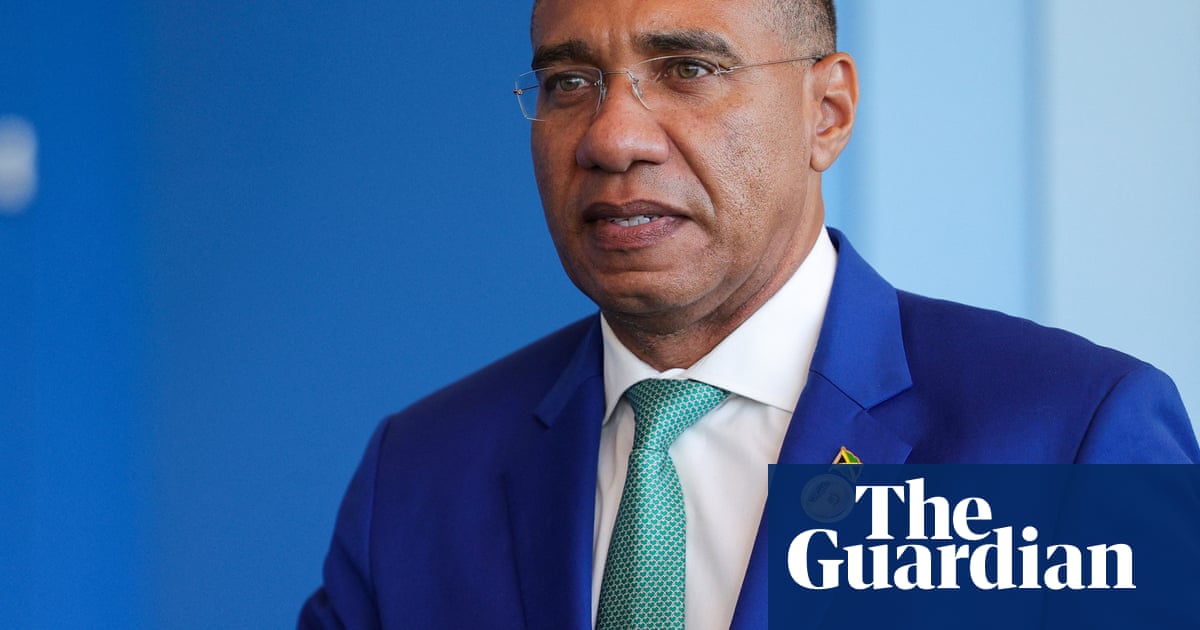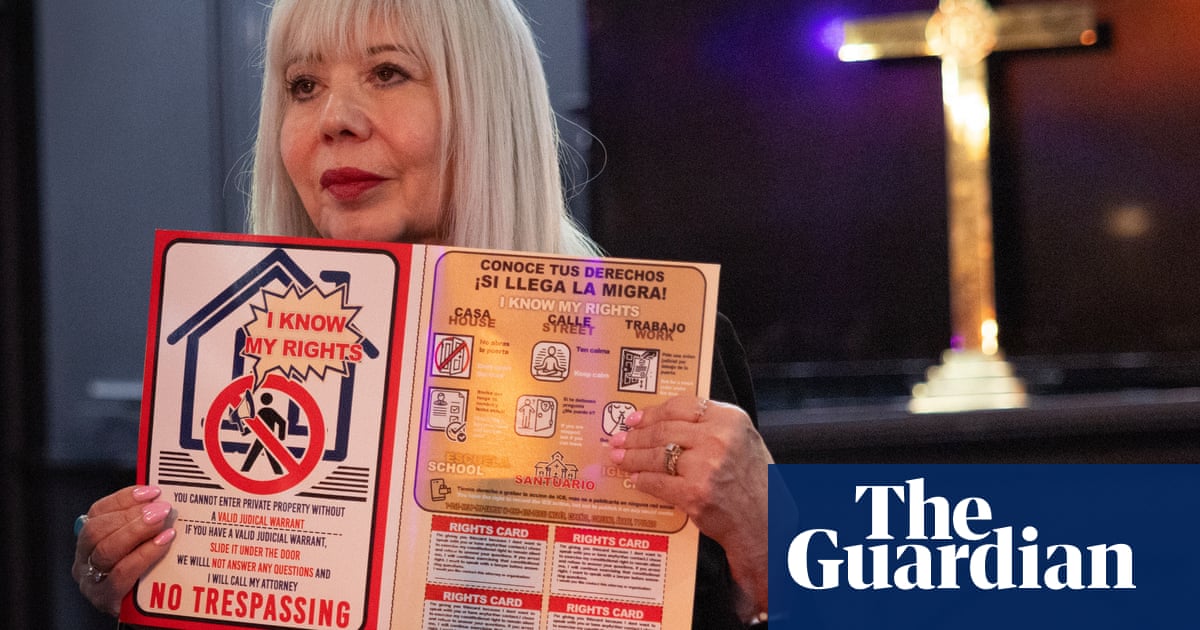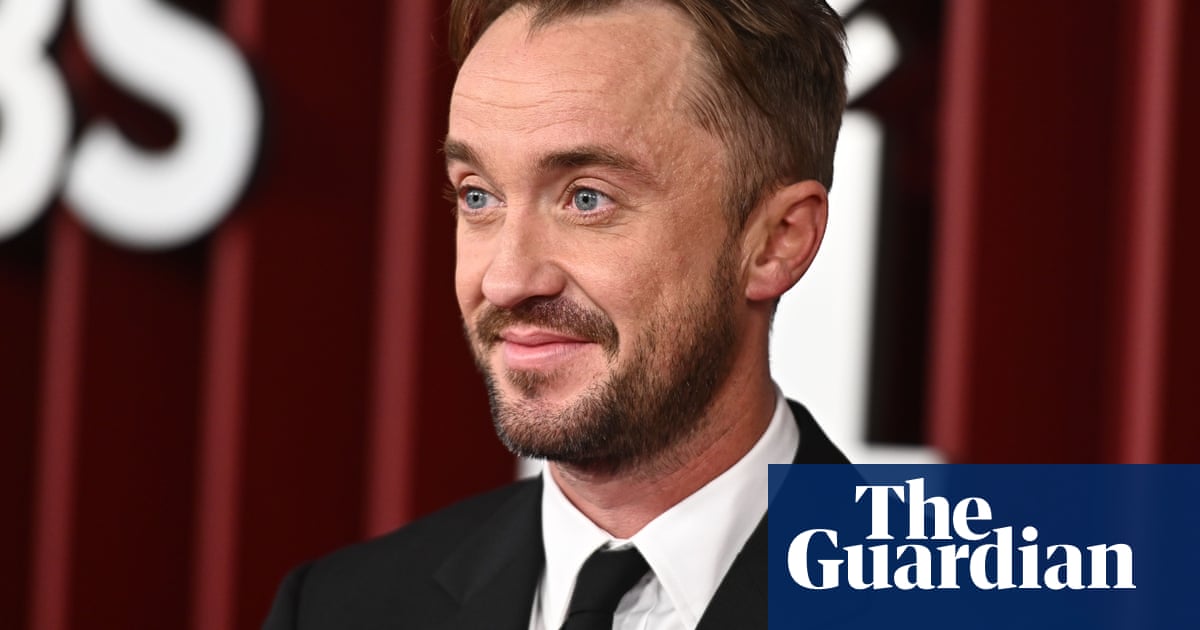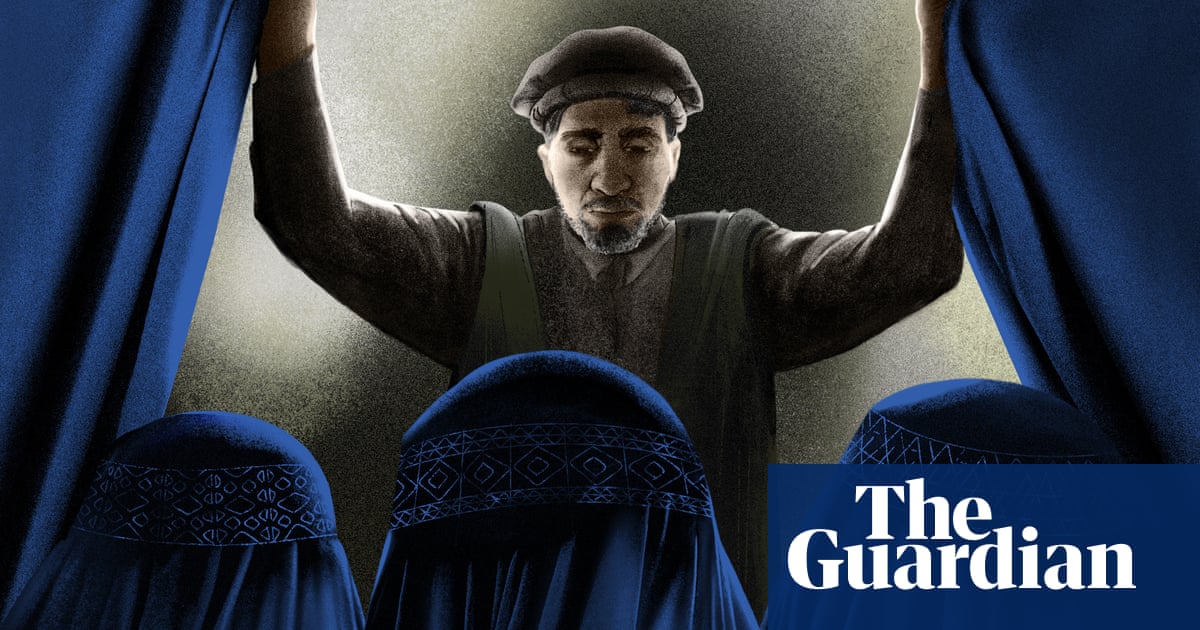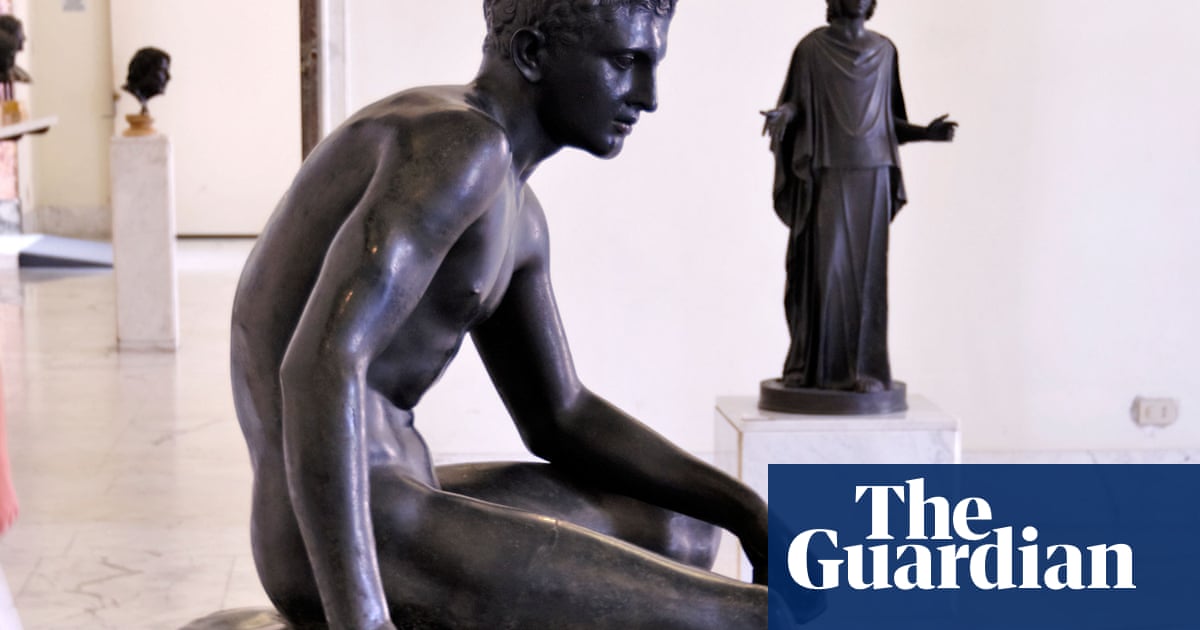In the summer of 2007, I joined a group of 30 Russian and English students to work on a month-long summer camp at a state orphanage for mentally and physically disabled children in the Pskov region, south of St Petersburg. We lived in a house nearby, or in tents pitched in the garden. Every day, we walked up to the orphanage to put on developmental activities, sporting events, solve puzzles, play games, stage shows and go on camping trips.
I volunteered at the orphanage, in the village of Belskoye Ustye, for almost a decade, but it was the first visit that made the biggest impression. I had seen nothing like it. My closest reference point was probably workhouses or orphanages from a Charles Dickens novel. I vividly remember the smells – cooked food, unwashed bodies, chlorine and urine – and how the children crowded you, grabbing hands and clothes, pinching, pulling hair, jostling and asking questions. Dressed in an odd collection of what seemed to be adult castoffs, the kids spent most of their waking hours in rooms furnished with just a few scuffed tables and chairs, a bookcase and television. At night, and for long periods during the day, cast-iron metal grilles across corridors were locked, confining the older teenagers to their dormitories at one end. Children vulnerable to self-harm were tied up.
The children at the orphanage ranged from young girls aged five or six with their hair in bunches, to muscled teenage boys who would hang around outside and smoke. As well as learning disabilities, many of them had other conditions, which – we were told – ranged from cerebral palsy to autism. Some had difficulty walking, a few did not speak, and there were a couple of wheelchair users. Their extreme isolation and patchy education meant that, in their heads, illusion mixed with reality. They had an odd, sometimes surprising, collection of skills and knowledge. There were some who could sing, dance or weave.
For me, as a British student, the orphanage was where Russia started. It was a life-changing experience, and I returned for summer camp several years in a row. I lived near the orphanage for a year before moving to Moscow in 2010 to become a journalist. As a reporter in the Russian capital, I covered everything from inflation data to oil pipeline corruption, illegal logging, opposition rallies and political assassinations. But I often found myself turning to the people and places I knew in Pskov to answer questions from friends and editors about life in Russia.
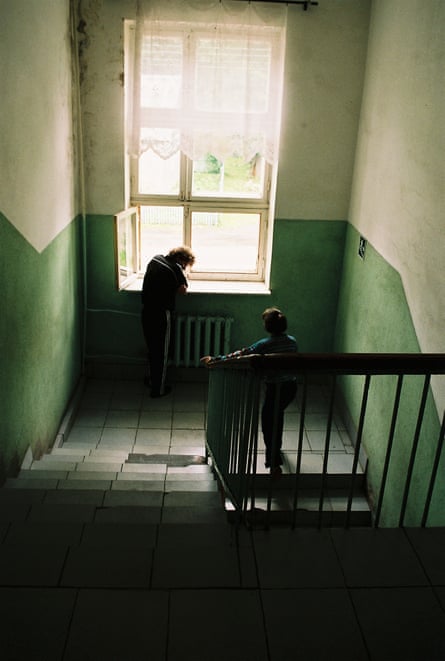
On a map, the region nestles like a kidney below St Petersburg, with its western edge alongside Estonia, Latvia and Belarus. Then, as now, Pskov was a prism that reflected unfamiliar and uncomfortable truths. Pskov is one of the poorest regions of Russia, with little industry or agriculture. It often tops national ratings of depopulation, death rates, disease and poverty.
After Vladimir Putin launched the full-scale invasion of Ukraine in 2022, my Russian wife and I joined hundreds of thousands of Russians who left the country at short notice. We spent almost two years living in Yerevan, the capital of Armenia. Even watching from a distance, the horror and shame we felt at Russia’s actions was intense. Since the start of the fighting, most observers of Russia have, understandably, found it almost impossible to see much further than the terrible, daily violence in Ukraine. Looking for answers, I found myself returning to the towns, villages and hamlets of Pskov.
The children who ended up in Belskoye Ustye came from all corners of the Pskov region. While they were referred to as “orphans”, the disturbing fact was that they were actually what was known as “social orphans” – in other words most had living relatives. Either they had been removed from their homes by social services or they’d been abandoned, perhaps at birth, their poverty-stricken parents persuaded they would have a better life in a well-provisioned state institution. Often the children would tell you about mothers and fathers intending to come and take them home, but visits from relatives were very rare.
Everything about the orphanage was highly regulated, from strict daily timetables to the hierarchies among staff and children. And the more time I spent there, the more these power structures revealed themselves. When it came to keeping order, violence underpinned everything.
The first few years I went there, lots of children had disabilities that were not serious enough – according to the official classifications – for them to have been placed in this “type” of orphanage. Likely shunted down the system as a result of bad behaviour, these teenagers, physically stronger and intellectually more able than most of the others, controlled everything and everyone. The hierarchy was best – and most frustratingly – illustrated by some of the games we tried to play. When kicking around a football, for example, the weaker children would simply pass to the stronger children, no matter which side they were on.
I never saw any of the staff physically harm the children, apart from the occasional cuff or flick on the head. But they were careful in front of volunteers, and there was no mistaking what lurked under the surface. How could it be otherwise when so many children spent so many hours crammed into a relatively small space? I came to understand that, rather than inflicting violence themselves, the staff manipulated the older and stronger children to keep order. When Ksenia, an 11-year-old girl, bit one of the care workers, an older girl punched her so hard in the face that a dentist had to extract the remains of her front teeth. For years afterwards, a warning to those who knew, Ksenia went around with a black hole in her smile.
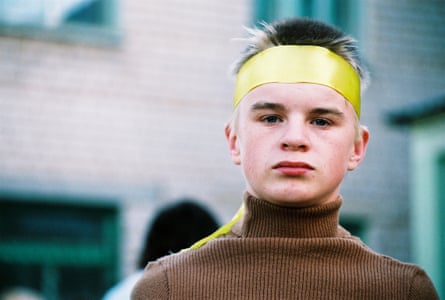
Other forms of violence were less obvious, but no less powerful. Misbehaving children, those who ran away or who were difficult to control, were sent to the regional psychiatric hospital, Bogdanovo, a place that inspired a mixture of horror and curiosity. Even more sinister was the concoction of pills taken by most children, who queued up after mealtimes outside the nurse’s office. Each child would get a small plastic cup with their pills and, while we had no idea what they were taking (nor did they), we did see the results. Some would sleep for long periods, others continued to function, albeit in slow motion. I remember one young boy, Sasha, usually hyperactive, who, when sedated, would take an age to do a basic drawing, the drool slipping out of his mouth and dripping on to the paper.
Among the treatments prescribed in Belskoye Ustye was the antipsychotic drug Aminazin (Chlorpromazine in the west), which was discovered in the 1950s and remains widely used. It’s difficult to know whether the children were given appropriate amounts of Aminazin, or whether it was overused as a means of control. Adults who have been prescribed Aminazin in Russian psychiatric institutions describe how it turns the whole world grey, draining your will to live and making you want to cry. In the 1970s it was one of the drugs Soviet doctors used on imprisoned dissidents subjected to punitive psychiatry.
There were televisions in almost every room in the orphanage, and they were left on most of the time. Some of the children absorbed messages about Putin’s might, Russia’s greatness and nostalgia for the Soviet past – but what they really enjoyed were soap operas. Favourites included the American series Santa Barbara, the Brazilian hit The Clone and Mexico’s The Rich Also Cry. Plot twists were a constant topic of discussion not just in the orphanage but also among locals. The soap opera of the moment was a Russian series, Karmelita: Gypsy Passion, about the love lives and disputes of a group of travellers. The effect on the orphanage children when the Karmelita theme music came on was instantaneous and dramatic: they would rush for their chairs, some beginning to rock violently.
The children’s rocking was one of the most disturbing sights I saw in the orphanage. Standing or sitting, the kids would rhythmically move their upper body backward and forward. Lying in bed at night, they would rock side to side, as if in a cradle. Some rocked so fast that sweat formed on their brows and ran into their eyes. Others only did it when they watched television or listened to the radio. Instinctively, I understood it as a sign of severe emotional deprivation; a comfort mechanism to assuage upset or anger. But it was also a way to pass the time. At discos, groups of kids would cluster around the speakers and rock back and forth in a distressing, zombie dance routine.
The children were all assigned a diagnosis according to Russia’s complex system of classification of intellectual disability. When I first visited, only a small number received any education. However, in the late 2000s, a school was opened amid pressure from charities. During term time, teachers would be bussed in every morning from the nearest town to conduct lessons – a professional challenge for which few, if any, were properly trained.
One evening in June 2010 a member of the orphanage staff called me to say that Sasha, the hyperactive boy, had drowned in a pond a dozen metres from the orphanage’s walls. Just 11 years old, Sasha was one of the most likable in his group. Usually dressed in a tweed jacket and floppy sun hat, he insisted on putting everything in his mouth, and could be wickedly mischievous. Nobody knows how he ended up in the water that afternoon: perhaps he had been particularly heavily sedated. A few of the children were suddenly missing near the pond. When the care workers realised what was happening it was already too late. Several of them jumped into the muddy pond, desperately feeling with their feet for bodies. In total, three children were pulled out. One girl was in shock, but breathing. Another girl had to be resuscitated. Sasha was dead.
In the Orthodox tradition, burials take place within three days of death. So, three days later, I found myself among a small group of people standing outside the Belskoye Ustye cemetery next to the ruins of the Church of the Holy Ascension. I had been in two minds about whether to attend, unsure about whether I would be intruding. But I needn’t have worried. In fact, I had taught regular classes for Sasha’s group and realised I probably knew him better than many of the others in attendance.

It was an unbearably sad occasion, and the bleakest part was how mourners conducted themselves. All told, there were about 30 people there: no family members, just an assorted mix of orphanage staff and charity workers. The older men who held the most senior positions in the orphanage were visibly bored, eager to draw a line under the embarrassing affair. A couple of the care workers who had worked with Sasha were upset, their faces stained by tears. But nobody laid a comforting hand on anyone’s shoulder; there were no hugs. Everyone was at work. There were no speeches: no one knew enough about Sasha to be able to talk about his personality. Afterwards there was a criminal investigation, and the care workers in charge on the day were fired, but the orphanage routines resumed quickly.
Entertaining the kids required concentration and ingenuity. The children were fascinated by the volunteers, with their unfamiliar, outlandish clothes, mobile phones and stories of faraway places. Most kids did not understand the idea of different countries, or different languages, and all the volunteers were referred to as “Muscovites”.
One of the tragedies of institutional life is that it is almost impossible to form deep attachments – staff are hired and fired, and even other residents can be there one day and gone the next. All the children were accustomed to these fleeting relationships. Of course, volunteers were part of this problem. But many also became convinced of the need to do something – anything – to help break the vicious cycle of institutionalisation. The unrealised potential of the children seemed so clear. Taking part in summer camp could be revelatory – it was for me – and there were volunteers who went on to found charities or children’s villages, become speech therapists or teachers. For some, it became an obsession and a life’s mission – before the inevitable burnout, and accompanying guilt.
The more time I spent at Belskoye Ustye, the more I learned. But much remained shrouded in silence, particularly for outsiders. One year, a volunteer friend and I learned that a girl who had been in the group of kids with whom we had worked was pregnant.
The orphanage’s contradictions became starker over time. I learned that the monthly cost of looking after a child was a huge amount for rural Pskov – far, far higher than any benefits you could access as the parent of a child with learning disabilities. In addition, the orphanage employed almost twice the number of staff – from care workers and cleaners to accountants, drivers and cooks – as it had children, yet each child was starved of individual attention. In perhaps one of the saddest examples, all the children with birthdays in a given month were given a joint party on the same day.
Often the reaction of inexperienced volunteers to encountering the orphanage was bafflement: why hadn’t this place been shut down and the kids transferred to family-based care? It seemed so obvious. This was also my reaction. I still believe any change needs to be focused on this goal, but I now also understand how powerful are the forces shoring up the status quo. When I worked at Belskoye Ustye, it was clear how important the orphanage was to the battered local economy. A friend from Baranovo recounted how his nightwatchman shifts in the 1990s had been a financial lifeline for himself and his wife. There were lots of women living in Belskoye Ustye and the surrounding villages who worked there as cleaners and care workers. Monthly salaries were a rare commodity in a place where public facilities – schools, libraries and post offices – had been shut down, farming was in the doldrums, and most people survived on state pensions or benefits. There were also other unofficial perks: it was not uncommon, for example, to see orphanage children helping staff who lived nearby with gardening, or other household chores.
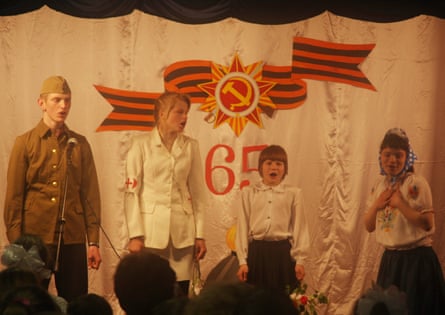
The orphanage is part of a huge system of state institutions all over Russia. Most of those who grew up in Belskoye Ustye when I first volunteered there were far too institutionalised – illiterate, unable to cook or take care of themselves – to have any chance of living independently, or even quasi-independently. When they turned 18, they were dispatched to places known as “adult institutions” where they would spend the rest of their lives.
There was no farewell ceremony for children when they left the orphanage. Everything was designed to minimise disruption and – as leaving was a moment when feelings were liable to run high – it was carefully managed. In the case of Vera, a young woman whose last days at the orphanage I witnessed, she understood she would soon be on her way to a new home – she was unexpectedly taken shopping in the local town, returning with a holdall of new clothes. But the exact day of departure was not settled until the last moment and, like most of the staff and children, I never got to say goodbye. One day when I turned up for a class, she was simply gone. She’d been whisked away early that morning, and driven the two hours to an adult institution. Just like after Sasha’s death, the hole created by Vera’s departure quickly closed: her favourite clothes redistributed among the other children; her name removed from the dormitory door.
Among volunteers, it was common to make the orphanage administration into bogeymen. But this was usually unfair. Over the years, I got to know some of the men and women who ran the orphanage, and I slowly realised that they looked at things very differently to volunteers like me. For them, the priority was keeping the children alive: fed, clothed and warm in winter. As civil servants, they were skilled in keeping their bosses in Pskov on side, and finding resources to maintain buildings, run buses, service boilers and ensure food on plates. While most of them were not, in my experience, unkind, they seemed to have little knowledge about the complex needs of those with severe learning disabilities. The director of the orphanage when I first arrived was a jocular man with a mouthful of gold teeth who had a background in the metals industry. A few years later, he was replaced by a bustling and efficient woman from St Petersburg whose career up until then had been in the hospitality sector.
Most of the orphanage staff were deeply wary of me and other volunteers. At best, volunteers were quietly tolerated; at worst, staff waged a low-intensity campaign of obstruction. Their hostility was easy to understand: most volunteers were inexperienced, condescending, quick to judge, and inclined to righteousness. We spent only a few hours a day with the children and saw only a part of the picture. However, this hostility could manifest itself in dangerous ways. The orphanage rumour mill could be set abuzz with the “news” that one or another volunteer was a paedophile, or planning to steal children to harvest their organs.
The presence of foreigners always aroused particular interest and suspicion. One year the local head of the FSB dispatched a state TV crew with a list of pre-approved questions to our summer camp. Later the same day, two police officers turned up to find out who exactly was volunteering. We took it as a warning.
At the same time, the orphanage staff had impossible jobs. The system made it so. They had no way to provide the children with what they needed; not even close. Many had no formal training in how to work with young people with learning disabilities, and as the children were almost always kept in groups, it meant almost all their time and energy was spent on discipline.
The staff closest to the children were the care workers who supervised groups (mostly containing between five and 15 children). These women – they were almost all women – worked a 24-hour shift one day in three. They were the closest thing the children had to parents and sometimes formed close attachments (there were some cases when these women adopted children from the orphanage). But others maintained a distance. I witnessed once or twice how local care workers on their days off would hurry past “their group” if they encountered them in the village, barely saying hello.
Most were indifferent, disengaged and burnt out by a job they couldn’t afford to leave, but they were generally not unkind. Against all the odds, there were always a few who were young enough, resilient enough or gifted with enough intuition to be able to inject empathy and fun into their work. Inevitably, they were adored by volunteers and children alike.
Over more than a decade of travelling to the orphanage and working for a children’s charity in Moscow, my attitude slowly evolved. Like most of the other volunteers, I was naive at first. When one British social-care expert, a friend of a friend, told me he believed categorically that any cooperation with orphanages was morally wrong, it brought me up short, embarrassed at how I was out of my depth. Family-based care, he argued, was the solution, and any venture – be it a summer camp or a children’s village – was only entrenching a system that needed to be destroyed. I told myself his position was a terrible abandonment of the tens of thousands already trapped within that system, as well as a misunderstanding of how reform comes about. But it was hard to dispute the logic.
I tended to see summer camp as a sort of carnival in which rules could be broken, timetables upended and traditions tested – a breath of fresh air for the children; a glimpse of different ways of thinking for staff; and a potentially momentous experience for volunteers. But the longer it went on, the more it became a part of the furniture; just another addendum to the system it was supposed to subvert.

In the first few years when I volunteered at the Belskoye Ustye orphanage, little money had trickled down despite Russia’s oil-fuelled economic boom of the 2000s. But this gradually changed as the state got wealthier, standards of living rose in major cities, and a culture of charities, donations and volunteering became more mainstream. An enterprising and ambitious director – the one who had come from the hospitality sector – did much to unlock funding. Gradually, the children got new clothes, the orphanage buildings were repaired, the iron grilles on corridors were taken down, the once-pervasive smell of urine faded, and welcome additions such as wheelchair lifts and a kitchen for the teenagers were installed. Kids were allowed to choose their own haircuts, and given a bit more personal space. A few years ago, the charity that organised the summer camp even won a grant from Uefa to build an AstroTurf football pitch on the floodplain below the orphanage.
These days, the dormitories are smaller, and the children very rarely display the once-ubiquitous rocking behaviour. Violence is less common. Some of the children are still sent to adult institutions when they turn 18, but this is the exception rather than the rule. Instead, the director has overseen the construction of two houses in a nearby village where older children are transferred. Here, they can attend workshops to learn skills such as carpentry, or are given manual jobs in the orphanage kitchens, or as cleaners. They spend the rest of their time looking after enormous vegetable gardens, cooking, cleaning and, of course, watching television.
At the same time, the money has done nothing to change the essence of the orphanage, which is still a part of a largely unreformed system of hundreds of such institutions all over Russia. The children are still alone, deprived of the individual attention that they all need and deserve. If one of them were to die, his or her funeral would be better funded, perhaps better attended, but just as heartbreaking as that of Sasha on that sunny afternoon.
This is an edited extract from Russia Starts Here: Real Lives in the Ruins of Empire, published by Bloomsbury on 27 February

 3 months ago
53
3 months ago
53



